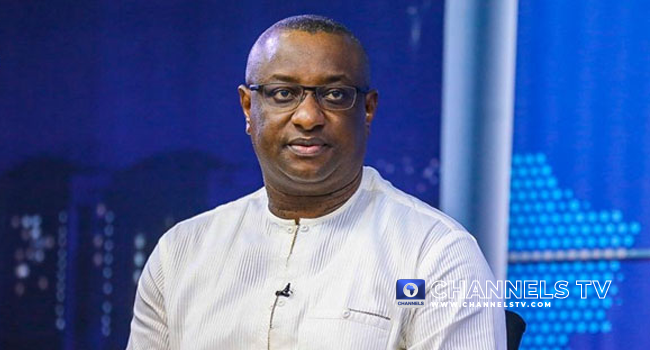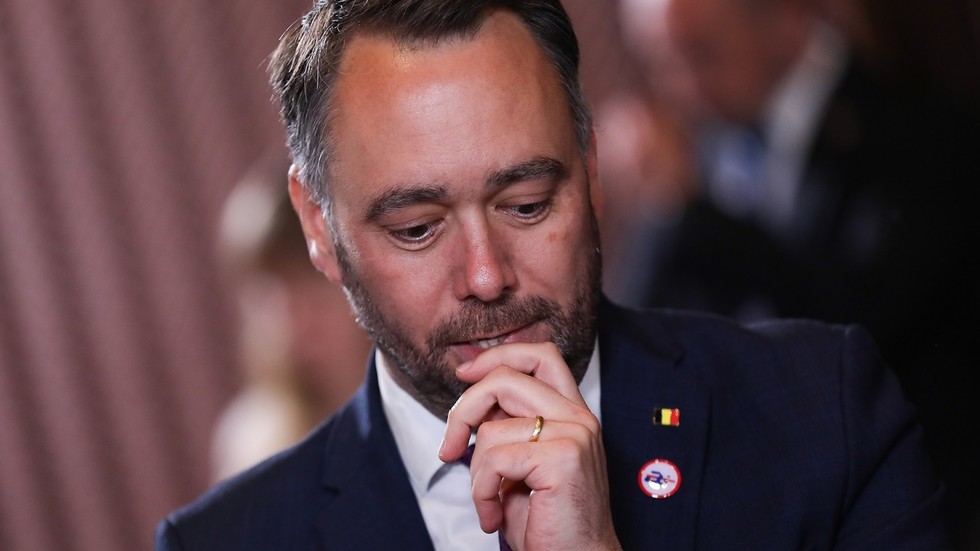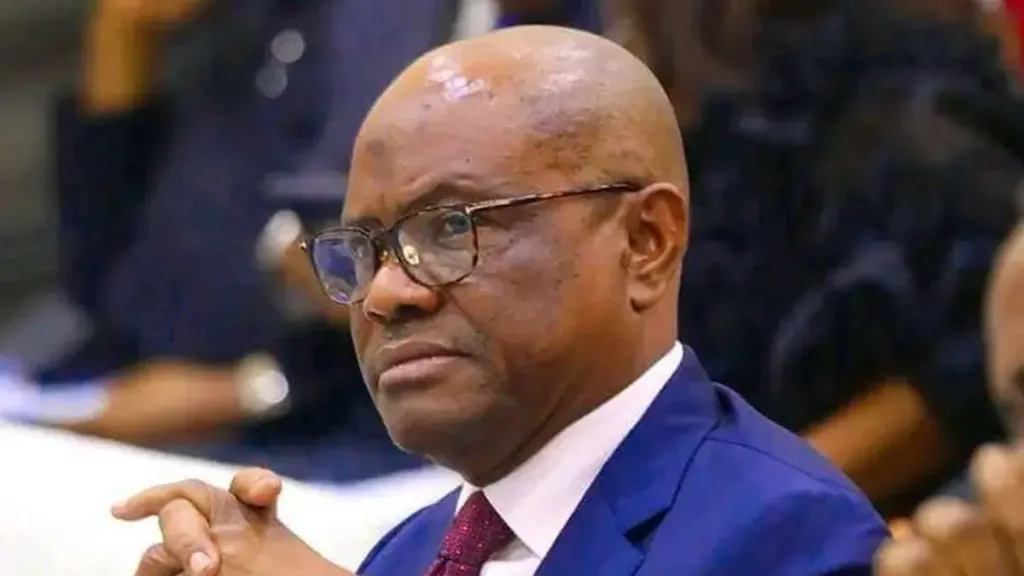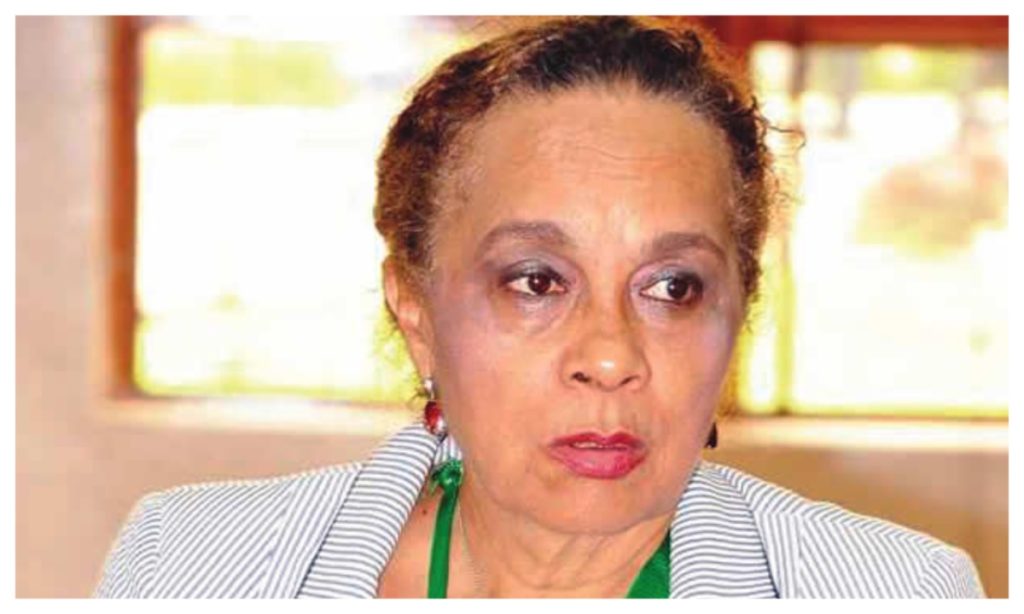Zimbabwe’s main opposition leader, Nelson Chamisa, has declared that his party will not take part in the upcoming bye-elections to fill 15 vacant parliamentary seats. Chamisa describes these elections as “criminal” and refuses to participate due to the controversial nature of the recalls that led to these vacancies.
The seats became vacant after a man who claimed to be the Citizens Coalition for Change (CCC) party’s interim secretary-general stated that the MPs were no longer members of the party. As a result, the parliamentary speaker declared the seats vacant earlier this month, and by-elections have been scheduled for 9 December.
Chamisa vehemently opposes the recalling of the lawmakers, dismissing Sengezo Tshabangu, the self-declared secretary-general, as an “impostor.” In an interview on Wednesday, Chamisa reiterated that his party will not engage in what he considers to be “unconstitutional” by-elections, stating, “We don’t participate in crime.”
A legal case challenging the recall of the MPs is set to be heard on 2 November.
British Broadcasting Corporation (BBC) correspondent, Jide Johnson, reported on this matter.
The decision by Nelson Chamisa and his party not to participate in the bye-elections stems from their belief that the recalls of the lawmakers were illegitimate. By boycotting these elections, the opposition hopes to convey a strong message of defiance against what they perceive as an infringement on democratic processes.
Chamisa’s choice of words, referring to the bye-elections as “criminal” and “unconstitutional,” adds emotional weight to his argument. It captures the attention of readers, allowing them to empathize with the opposition’s stance on the matter. The use of strong and direct language is a common feature of Nigerian journalism, delivering news with a punch.
Moreover, the inclusion of the legal case challenging the recall of the MPs provides readers with additional context and insight into the ongoing political struggle. This showcases a more analytical writing style, keeping readers informed about the legal developments surrounding the issue.
In conclusion, Nelson Chamisa’s announcement to boycott the bye-elections in Zimbabwe highlights the opposition’s unwavering stance against what they perceive as an attack on democratic principles. The opposition’s refusal to participate in these elections sends a strong message of protest while their legal challenge seeks to address the legitimacy of the recalls. The outcome of these events will undoubtedly have significant implications for Zimbabwe’s political landscape.



